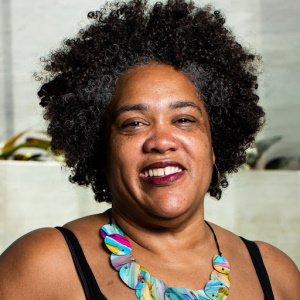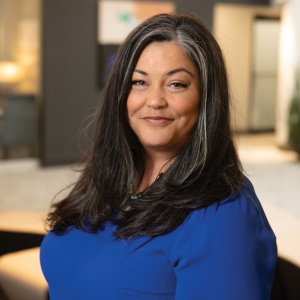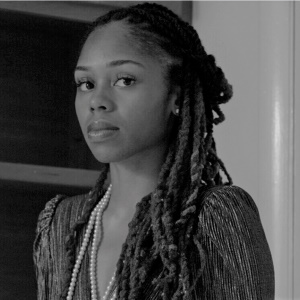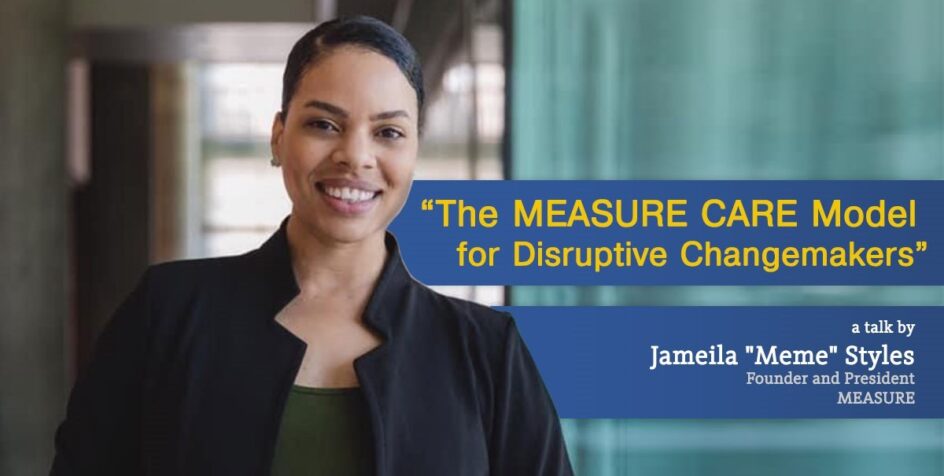Join the Upcoming Datafication and Community Activism Forum
On Friday, April 23, 2021, the Donald Bren School of Information and Computer Sciences (ICS) will host its second workshop on Datafication and Community Activism, building on a dialogue that Informatics Professor Roderic Crooks started back in 2019 between activists and academics. “I hope this workshop starts a conversation, where communities that have frequently been poorly served by data-intensive technologies get a chance to express their concerns, and researchers get a chance to hear them,” Crooks said of the first workshop, which resulted in a vow to orient “future work toward the commitment that data must be used to measure systems, not people.”
While the follow-up workshop of 2020 was cancelled because of the pandemic, the commitment to better understanding the implications of data and technology remains strong, and exploration of the relationship between activism and research continues.
“This year, we continue to uphold the same commitments situated within broader discussions of racial injustice in the face of policing and the inequities further laid bare by the pandemic,” says informatics Ph.D. student and workshop co-organizer Bono Olgado. “We center the expertise of our community partners in figuring out how we, as researchers and technology professionals, can support, collaborate or perhaps even step aside in the interest of minoritized communities facing data-intensive technologies and practices.”

Technology, Abolition and Disruptive Changemakers
The forum will open with a panel discussion, “What Does Technology Have To Do With Abolition?” Professor Christopher Gilliard of Macomb Community College, an advocate for critical and equity-focused approaches to tech in education, will moderate the discussion, featuring the following panelists:
- Hamid Khan, an organizer of the Stop LAPD Spying Coalition, which aims to build community-
based power to dismantle police surveillance, spying and infiltration programs;
- Cara Page, a black feminist queer cultural/memory worker, curator and organizer who co-founded the Changing Frequencies project, which aims to build power with communities who want to confront, heal and transform the historical and contemporary harms and abuses of the Medical Industrial Complex;

- Marika Pfefferkorn, the Solutions and Sustainability Officer of Twin Cities Innovation Alliance and a change agent working to transform systems and improve outcomes for youth and communities of color across education, technology and entrepreneurship; and

- Derecka Purnell, a human rights lawyer, writer and organizer who co-created the COVID-19 Policing project to examine policing tactics used in response to the COVID-19 pandemic and who is a contributor to 8 to Abolition.
Participants should register in advance for this panel, which will be held from 11 a.m. to 12:30 p.m. on April 23, 2021.
Later in the day, from 2–3 p.m., Jameila “Meme” Styles will give a talk on “The MEASURE CARE Model for Disruptive Changemakers.” The talk will introduce MEASURE, the research and advocacy organization co-founded by Styles to empower BIPOC people to use data to tell their stories — that is, the “real-life stories behind the numbers.” In particular, the CARE model (focused on community, advocates, resilience and evidence) is a method for building an active partnership with communities to develop solutions to complex social problems. Join the talk using the Zoom meeting ID 920 9373 5196.

Listening to a Variety of Voices
“These conversations are never easy and further, they are often not heard,” says Olgado. “So we particularly hope that students — as future designers of digital technologies and platforms — will be able to listen and partake in this conversation.” As a researcher interested in the datafication of transitional justice, Olgado says he is personally looking forward to “hearing how we can bridge community organizing and technological design in line with broader discussions and practices of abolition and the pursuit of social justice.”
In addition to students and future designers, the workshop welcomes scholars, journalists, artists, adjunct lecturers, para-academics, community organizers and data professionals interested in supporting activist responses to datafication.
“This workshop has been supported by a grant from ICS and represents an ongoing commitment by the school to work with racialized and minoritized communities on issues related to technology and public life,” says Crooks, who acknowledges the varied and sometimes opposing perspectives at play when it comes to technology’s influence in these communities.
“In order to better understand the complex interaction of digital technologies and public life, scholars and the broader tech sector need to hear a variety of voices from within impacted communities,” he says. “The willingness of our community partners to share their expertise with us is at the heart of the event.”
— Shani Murray